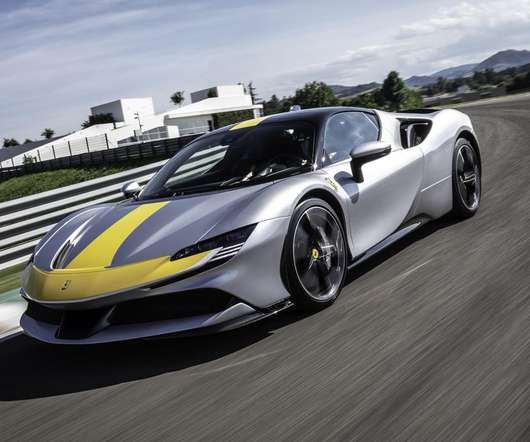DOE awarding $19.4M to 22 advanced vehicle technologies projects; Mercedes-Benz, GM Li-S battery projects
Green Car Congress
JULY 12, 2017
Among the awardees are Mercedes-Benz Research & Development North America and GM, with separate projects on Li-sulfur batteries, as two of the fifteen Phase 1 “Battery Seedling” Projects. Research innovative iron-based materials for high energy cathodes for high energy lithium ion battery technologies. Penn State University Park.











Let's personalize your content